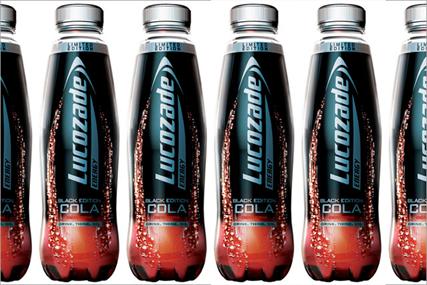Does Sports Sponsorship Lead to Increased Alcohol Consumption?
The current debate on whether the sponsorship of sporting events by alcohol brands leads to increased consumption is interesting in that it demonstrates how both sides are being somewhat selective with the facts. This is perhaps not surprising as the stakes are high. The Irish government’s proposed Public Health (Alcohol) Act may see the removal of alcohol sponsorship from major sporting events by 2020 with significant implications for both the brands and the events themselves.

As of now though we just have the debate, and the related fuzzy arguments on both sides. The main proponents of the ban are the Steering Group advising the Dept. of Health who claim that alcohol’s involvement with sport leads to increased consumption. However so far, no specific research studies are being identified so these claims are difficult to verify. The medical profession is on much firmer ground when it talks about the increased health problems, particularly among young people, that are being caused by excessive alcohol consumption. The statistics support this position but the extent to which sports sponsorship is a key driver remains difficult to pin down.
On the other side are the sporting organisations who worry about potential loss of revenues as well as the drinks brands who have been somewhat less vociferous so far. Drinks companies tend to argue that marketing communications does not lead to increased consumption and that the impositions of bans will have a negative impact on both the events and jobs. They are also likely to point to their drinkaware campaigns that seek to promote responsible drinking. But this position is hardly credible either. The Irish rugby football union (IRFU) indicated that it generates €9m annually in sponsorship. Are companies likely to spend this kind of money and not expect a return on their investment?
As politicians and other ‘experts’ weigh into the debate, the confusion merely increases. A better approach is to answer some specific questions. First, does sport sponsorship increase the sales of the sponsor’s brands? The evidence is that it certainly can. For example, when Budweiser sponsored the Winnipeg Jets in the Canadian hockey league in 2012, it set itself a target of a five per cent sales increase. With a budget of just $500,000 for the sponsorship, it generated a sales increase of 15 per cent. While this is just one example, it shows that a well-run sponsorship can lead to increased sales and this is the commercial imperative that most brands are working to anyway.
Second does sponsorship lead to increase brand awareness and brand preferences. Again, these would be normal objectives of marketing communications. For example, it would be very interesting to study how many drinks brands are eight year old boys familiar with and did this familiarity arise from a sporting connection? In terms of brand preference, sport is full of appealing emotions – success, fun, camaraderie and so on and it occupies a big part of the lives of young males, a key target market for drinks brands. Embracing these positive emotions is very appealing for drinks companies as well as for other brands.
But any claim that sports sponsorship is giving rise to excessive drinking by young people would be much harder to substantiate. Such behaviour is likely to be the outcome of a wide variety of factors ranging from all kinds of marketing activities by different drinks brands right through to changing social norms among young people. Disentangling such a multiplicity of factors is difficult. The debate is likely to rumble on but sports organisations should not underestimate how valuable their events are to potential sponsors. Consumer goods marketers are always on the lookout for positive emotions to connect their brands with!
Related Articles






 John Fahy
John Fahy